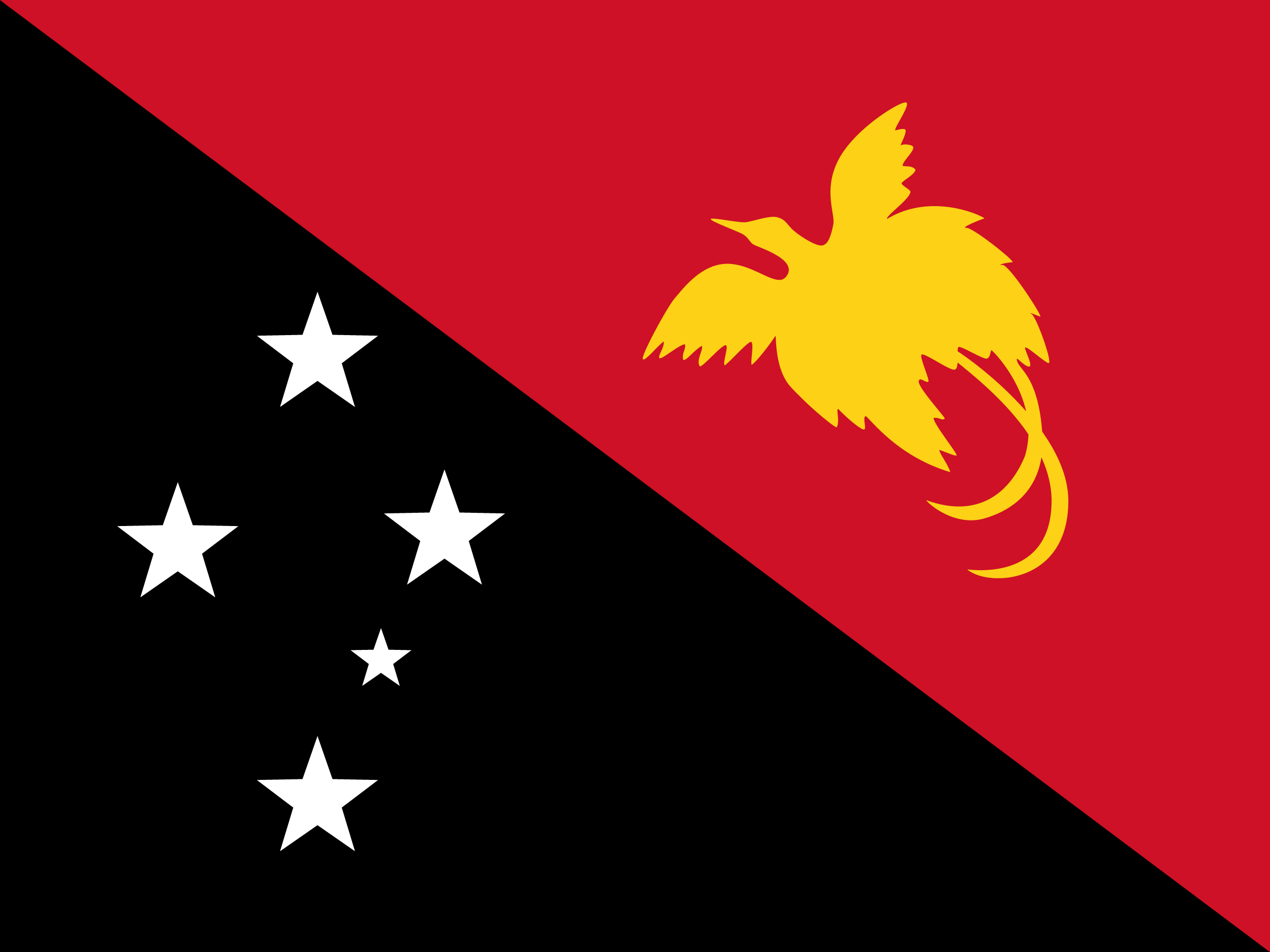

Namibia
PMI Just-in-Time Programs
closeProgram Overview
 |
|
Namibia is advancing a bold agenda for its energy transition and green economic growth, anchored in expanding renewable energy generation, achieving 80% energy self-sufficiency by 2028, and positioning itself as a regional exporter of clean energy. A central pillar of this strategy is the development of green hydrogen, which the government envisions as a major driver of sustainable growth.
To additionally help finance this transition and meet the goals of the Paris Agreement, Namibia has recognized carbon markets in its climate commitments, or Nationally Determined Contribution (NDC). While the country has also developed a draft policy framework for participation in carbon markets, various elements of policy and institutional infrastructure must be further developed to effectively maximize the country’s participation in these markets.
In 2025, a Just-in-Time (JIT) technical assistance grant was fully delivered to support Namibia in identifying new sources of revenue linked to environmental markets, strengthening the policy foundations for carbon pricing, and supporting the operational viability of a national carbon markets unit. The work complements ongoing support from development partners, including the United Nations Development Programme (UNDP) as well as World Bank energy sector dialogues.
Country Market Based Approach
Objectives & Activities
The Partnership for Market Implementation (PMI) Program supported Namibia in enhancing its policy readiness, institutional design, and technical understanding to effectively leverage environmental commodities—particularly in the energy sector—as part of its broader climate finance strategy.
- Monetization of green attributes in the energy sector: Deliver technical analysis to identify and prioritize environmental commodities that can be generated across Namibia’s growing clean energy portfolio, including renewable electricity, green hydrogen, and associated green attributes.
- Development of a policy framework for carbon markets: Provide inputs for the development of Namibia’s carbon markets policy framework, including options for carbon credit issuance and trading, managing costs of institutional roles and registry functions, and potential for establishing a country climate fund to capture fees imposed on carbon market transactions.
- Capacity building and stakeholder alignment: Provide capacity building and training for government counterparts to operationalize carbon markets in close coordination with UNDP and integrate elements of carbon markets in ongoing sectoral dialogues.


















